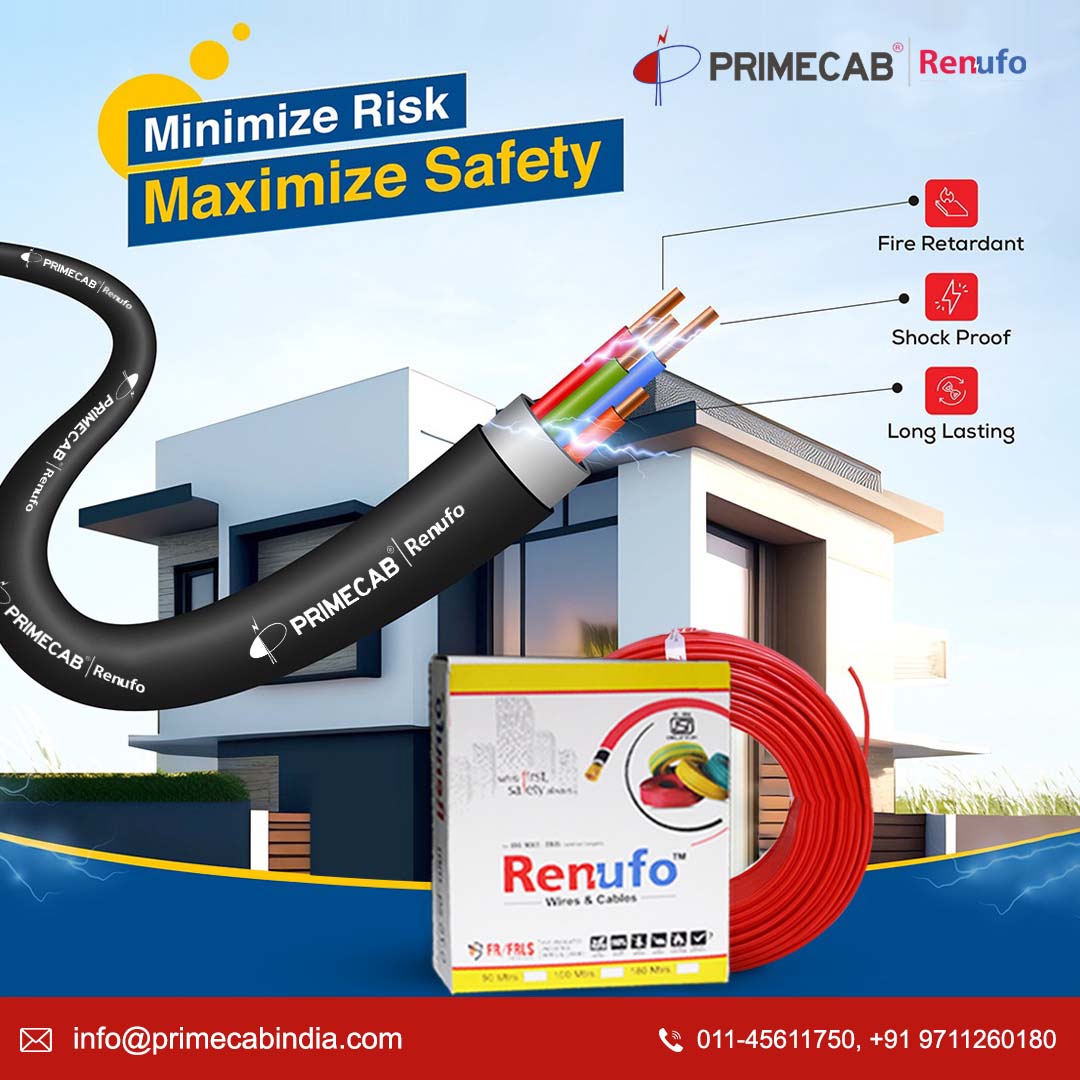Top Wire and Cable Stories of The Year
Wires and cables used for different purposes are of different types. Before purchasing, you must ensure whether fiber optic or the copper construction will meet your needs and whether you need to transmit power or network. You should also identify differences between wires and cables and what wires size, and what electrical wire gauge you need. Such information will make the right selection easy.
Difference between Wire and Cable
The wires and cables are the same in most cases. A very minor difference is that wire is an electrical conductor whereas cable is a ground of conductors that are enclosed in a guarded covering. While choosing, read their regulations and know whether the products you are choosing meet the specific needs of electrical applications and their precise installation techniques.
Wire Gauge
A gauge is referred to the physical of wire. Every different type of wire and cable is designed to feed the specific requirements and purposes. It is therefore important to select the right size of wire. A gauge for measuring the diameter of wire, rated with a numerical designation that is contrary to the conductors’ diameter. The diameter is determined by the gauge number.
In fact, the higher the gage number, the smaller the size diameter. Standard sizes are 2 gauge, 6 gauge, 8 gauge, 10 gauge, 12 gauge, 14 gauge and 16 gauge.
How to Pick the right Electrical Wire Size
It is important to cheek the gauge based on the Amapacity (AMP). The below pointers will help you determine the size.
- 6-gauge: Choose 6-gauge for cook tops and ranges that carry 40-50 amps
- 10-gauge: Go for 10-gauge for:
-
- 240-volt window air conditioners
- electric clothes dryers
- electric water heaters
The wire should support 30 amps
- 12-gauge: These wires are appropriate for -
-
- Kitchen
- Bathroom
- Outdoor
- Receptacles
Opt for 120-volt air conditioners that support 20 amps
- 14-gauge: They are suitable for-
-
- Lamps
- light fixtures
- lighting circuits with 15 amps
- 16-gauge: They are well suited for light-duty extension cords that support 13 amps
- 18-gauge: Opt for 18 gauge wire for low-voltage lighting and lamp cords in 10 amps
To sum up, these are top wire and cable stories you need to always remember as this will enable you to choose the right wires and cables for your specific needs and requirements.






